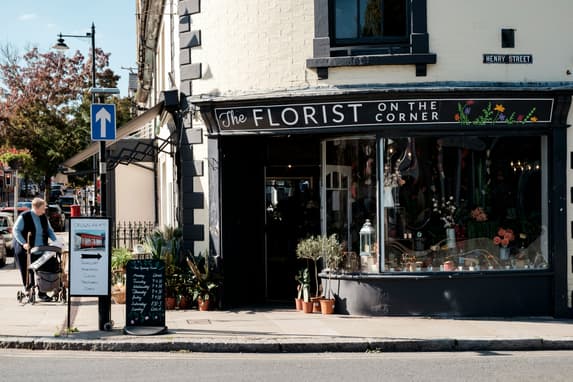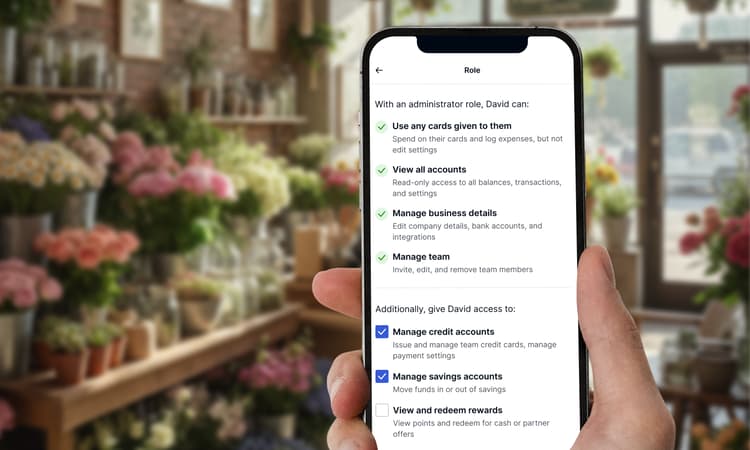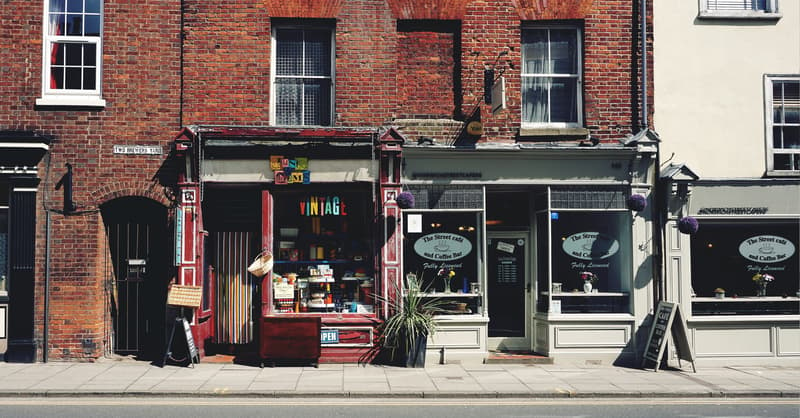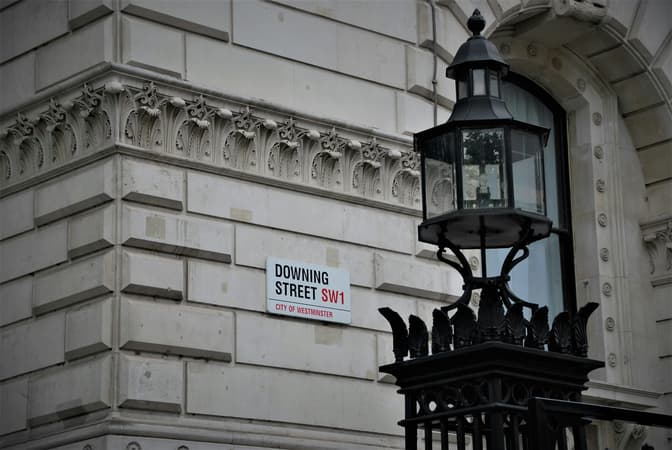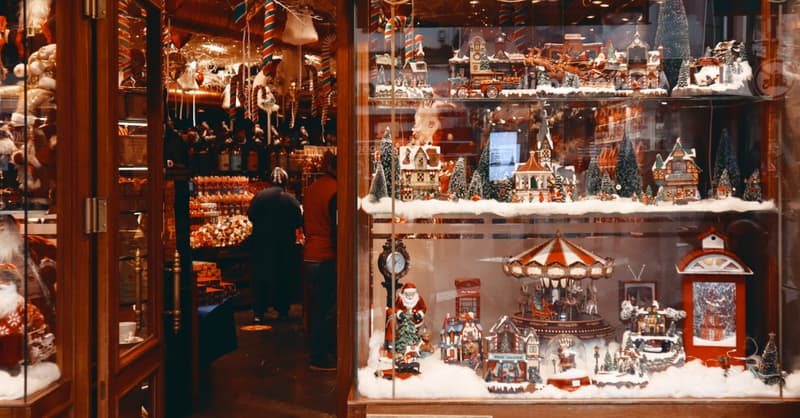Jump to a section
The UK is currently experiencing a surge in start-ups, with 2023 marking a record number of new businesses. 900,000 new companies were established across the country, suggesting that the British public is keen to support local businesses. However, the trade-off for shopping small can sometimes mean spending more on products due to the extra labour put into each sale.
Our latest survey looks into the British public’s spending habits around why we may choose to shop with smaller independent businesses, and how much more we are willing to spend at them compared to bigger retailers. Given that Christmas can be a financially challenging time, we’ve also examined these trends in the context of holiday shopping.
Kamilla Fernandes-Pickett, Senior Marketing and Communications Manager at Capital on Tap has also provided expert advice on how small businesses can encourage buyers to shop small with them this festive season.
21% prefer to buy from smaller businesses compared to a larger chain
Although many people prefer to stick with larger retailers for convenience or better pricing, independent shops also come with their own benefits. Buying from a smaller business can offer a more personal experience, and allow buyers to see directly where their money goes.
In fact, one in five Brits say they would prefer buying from a smaller business, whilst 55% say they have no preference either way. In order to compete with household high street sellers, independents may need to tap into the unique strengths of smaller businesses that are already attracting customers such as personalisation, unique products, and handmade items.
As for why people already choose to shop small, Brits are drawn by the unique products that smaller businesses have to offer. Instead of mass-produced items often found in larger chains, 52% of the UK prefers the more personalised and unique offerings of small businesses.
Customers also seem conscious of the broader impact of their buying habits, with 51% wanting to shop small to support their local community and economy. Other reasons we shop small include better customer service and quality of products (38%) and understanding the impact of their spending on the business owner (42%).
Residents in Brighton are the most likely to shop small
According to our research, Brighton residents are the most likely to purchase from small businesses, with 38% choosing to shop small rather than purchase from larger chains. According to our survey, the typical small business customer is a female aged 25 or over who lives in Brighton.
For those running a business in Portsmouth, on the other hand, you may struggle to gain customers from your local area. Our survey found that only 7% of Portsmouth residents prefer to buy products from smaller businesses, making the lowest percentage among all cities studied.
|
Rank |
Location |
% of people preferring to buy from a smaller business |
|
1 |
Brighton and Hove |
38% |
|
2 |
Plymouth |
35% |
|
3 |
York |
33% |
|
4 |
Liverpool |
27% |
|
5 |
Sheffield |
26% |
Brits are willing to pay up to £24.65 extra for art from a small business
Nearly a quarter of UK consumers prefer supporting small businesses, but what products are they willing to splurge more on when shopping small compared to shopping at large retailers?
|
Rank |
Item |
Additional amount willing to spend on smaller business |
|
1 |
Art |
£24.65 |
|
2 |
Jewellery |
£20.58 |
|
3 |
Home Decor |
£18.79 |
|
4 |
Clothing |
£17.62 |
|
5 |
Kitchenware |
£11.69 |
|
6 |
Wine |
£11.49 |
|
7 |
Meat |
£9.54 |
|
8 |
Flowers |
£9.44 |
|
9 |
Fish |
£8.93 |
|
10 |
Books |
£8.62 |
|
11 |
Toiletries |
£8.61 |
|
12 |
Candles |
£8.49 |
|
13 |
Chocolate |
£7.92 |
|
14 |
Cheese |
£7.32 |
|
15 |
Fruit and Vegetables |
£7.25 |
|
16 |
Hot Drink |
£6.54 |
|
17 |
Bread and Cakes |
£6.41 |
|
18 |
Greetings Cards |
£6.07 |
With the desire for unique products being the main reason why we shop small, it’s no surprise that art is the item people are willing to spend the most additional money on. UK customers are willing to pay an average of £24.65 extra for art pieces if they aren't buying from chain retailers, with those aged 55 to 64 willing to spend almost £30 (£28.71) extra. Art lovers seem to differ from region to region, with Liverpudlians willing to spend the most on independent art at £34.11 extra, more than double the £16.80 extra that Newcastle residents are willing to spend.
Independent jewellery sellers are also in luck, as Brits are willing to pay an additional £20.58 for jewellery from a smaller business. This may be due to the more personalised options that can be offered such as custom engravings or unique sizing. Notably, the demographic most inclined to invest in these independent companies is those aged 55 to 64, who spend an average of an additional £22.50.
Many people like to add a personal touch to their living space, and are willing to spend an extra £18.79 on home decor from a smaller business to achieve a more unique aesthetic in their home. The research found that those aged 35 to 44 are willing to spend the most additional money on this at £22.03 extra. With the average age of a UK first-time home buyer being 33, this demographic will be looking to fill their new home with unique pieces.
Although it’s not high on the list, the British public are willing to spend over £6.50 extra on a hot drink if it comes from a smaller business. Considering the average cost of a cappuccino is £3.28, that could mean spending a total of almost £10 on a single cup of coffee. Or for Brits more swayed by chocolate, they are willing to spend an additional £7.92 on the treat if it’s sold by an independent shop.
81% of the UK considers purchasing Christmas gifts from small businesses
Christmas can be a great opportunity for independent sellers to market themselves to new and existing customers, but it can be difficult to compete with larger chain retailers. However, 81% of Brits say they consider doing their Christmas shopping with smaller businesses, so what can you do to encourage customers to shop small this festive season?
Not only do unique products win over buyers, but over half choose to shop with smaller businesses at Christmas because it feels more personal and thoughtful (52%). By offering a more personalised and intimate shopping experience, customers feel more involved with the gifting process, bringing them closer to the warm and wholesome experience many seek at Christmas. This is especially true for businesses targeting customers aged 18 to 34, who are the most likely to use small businesses for this reason.
When it comes to receiving gifts at Christmas, the British public tends not to mind whether they come from a smaller or larger business, with 57% saying they don’t mind either way. Among the two, small businesses are preferred by 16% for receiving gifts compared to 10% who prefer presents from larger chains. Interestingly, Leicester is the only city where most residents say they would prefer to have Christmas presents from a large chain compared to a small business (13% versus 10%).
How can businesses encourage customers to shop small?
There is no right or wrong way to run your small business. Each business has its own unique customer base, and it’s this individuality that can sway consumers towards shopping small. But with the growing number of independent businesses, how can sellers stand out and not only attract new customers but create meaningful relationships with them?
Kamilla Fernandes-Pickett, Marketing and Communications Senior Manager at Capital on Tap has given insights into how business owners can encourage customers to choose their business over the larger chains:
1. Create your online presence
Consumers like the intimacy of smaller businesses, and seeing who their money goes to can help build trust between you and your target audience. Creating an online presence through social media allows you to keep your customers updated on any changes with your shop and any available offers. This helps create a community for your online followers.
2. Take part in local events
A great way to meet your customers is to attend local market events such as craft fairs. This is also a great way to meet and collaborate with other local businesses and create a sense of community. Just be sure to also let your online followers know where and when you will be attending markets in case they wish to come.
3. Offer personalisation with your products
One of the key reasons people choose to shop small is to buy unique products, and nothing is more unique than something personalised. If you are a jewellery business, offer an engraving service, or if your products are not able to be personalised, add a personal touch by offering a gift note service. People appreciate buying something completely unique, so make sure your service can give them that sense of individuality.
Sources and Methodology
All data taken from a survey of 2,000 UK adults.
